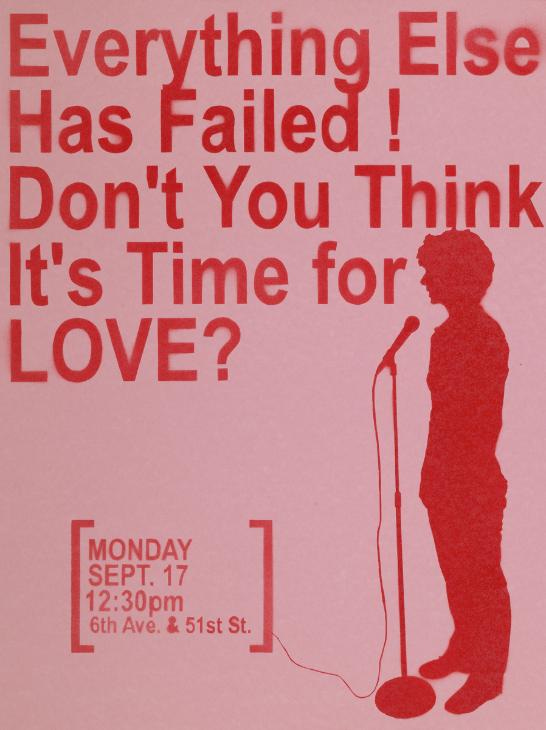Talking to children about climate change
Plus mothers, "British values", lovely teenagers, Boarding School Syndrome, consent and desire, incels, votes for children, Black breastfeeding, oblates, and more.

The recent IPCC report had me diving back into my copy of The Uninhabitable Earth - and then scrambling straight back out again, remembering mid-panic why I couldn’t finish the damn thing the last two times I tried. Like so many of my friends, I feel stuck: I really want to Do Something! Be Informed! Change The World! yet whenever I sit down to read about climate change I end up feeling a bit sick and having to stop.
But I still believe - despite everything - that parenting is a hopeful, beautiful act of optimism. So here are some thoughts on the big double-C and how to engage with our children around this, coming from a parent who cares deeply but also has a limited capacity for misery and existential dread after being thwacked against a wall by the pandemic for a year and a half.
Parenting in a warming world
Parents today, more so than any other generation before us, have no real idea what the future will bring for our children. Or at least we feel that we are living through the most uncertain of uncertainties - take that past generations living through the atomic bomb or world wars! - though only time will tell if we’re fully justified in our gloom.
It’s not looking great though, is it?
Unless drastic action is taken very soon - the kind of action which would likely see our lifestyles altered and our political priorities shift massively - scientists believe that it will be too late to prevent runaway climate chaos, resulting in the death and displacement of millions more people. Even if every government across the world took the decisions needed tomorrow to halt CO2 emissions, it’s still unclear whether this would be enough to prevent further catastrophe due to the environmental feedback loops already triggered. If the commitments made in the 2015 Paris Agreement were carried out in full - which is extraordinarily unlikely - the world is still likely to heat by over three degrees1, leading to changes such as dramatic sea level rises, the destruction of rainforests, and further melting of polar ice. You get the picture.
This isn’t just a future problem of course, as CC is already affecting thousands of people around the globe, mostly but not only in the global south, although this is shifting even as I write; we only need look at wildfires in the US and southern Europe, or floods in the UK and Germany, or air pollution in China to see that this is affecting the entire globe.
So CC already affects all of us right now, in big ways and small, but it is still our children’s generation - and their children after them - who will bear the brunt of the environmental collapse we are already beginning to see unfolding. If we care about our children, we have to care about the environmental emergency we are all currently facing2: we have benefited from the beauty, variety, and abundance of the planet, and our children have a right to enjoy the same.
As UNICEF states, “Climate change puts children’s most basic rights at risk, seriously affecting their access to health, food, water, clean air, education and protection. Around the world, the growing number of extreme weather events is putting more and more children’s lives in danger. Every year, environmental factors take the lives of 1.7 million children under five.” They estimate that 600 million children – one in four worldwide – will be living in areas with extremely limited water resources by 2040.3
The science makes for gloomy reading, and thinking about what lies in store for future generations can feel paralysing. Faced with the prospect of disaster, we feel powerless to effect any kind of meaningful change.
But as parents, we have an opportunity to raise a generation who will care about climate justice - about not destroying communities through environmental degradation, water shortages, and rising temperatures, and who will feel compassion for the refugees who are already being created by CC - by actively modelling these values and taking action in our own lives.
The values we put in place when our children are small are likely to stay with them for their whole lives, and the stakes have never been higher.
Keep reading with a 7-day free trial
Subscribe to Small Places by Eloise Rickman to keep reading this post and get 7 days of free access to the full post archives.



